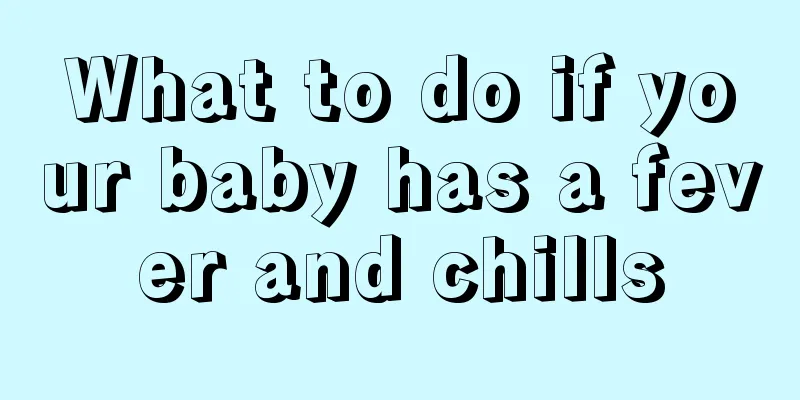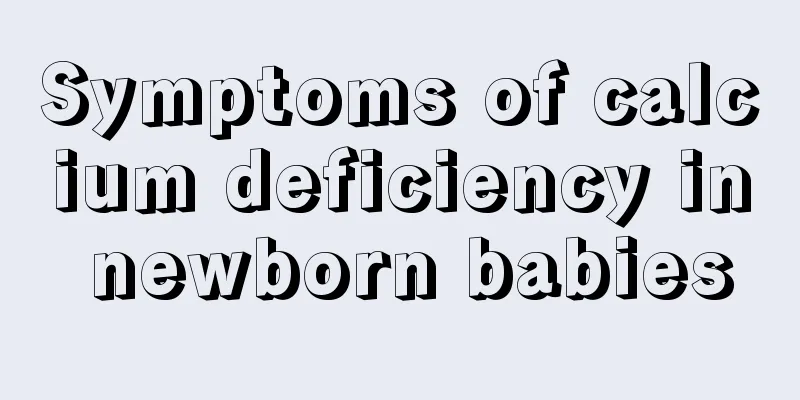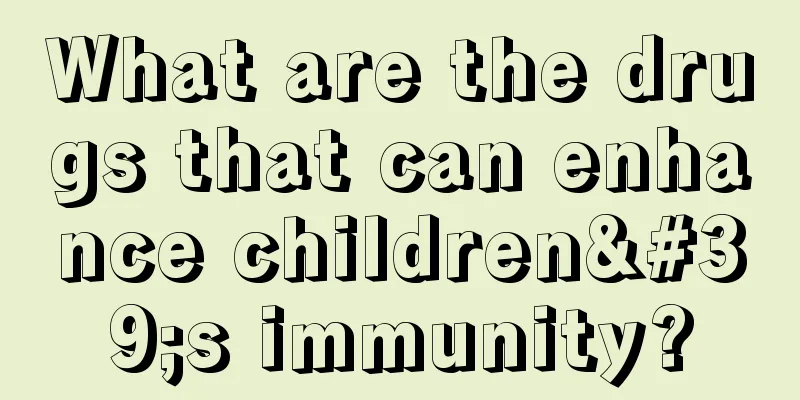What's wrong with a one month old baby's shortness of breath?

|
The baby who is just over a month old has not developed well in respiratory system during this period. The baby can distinguish the voices of the father and the mother by their voices. Because it is the first time for parents to take care of the baby, many parents always do not pay attention to this aspect of taking care of the baby. Some new mothers always mention that the baby of one month has shortness of breath, so what is going on? Will it affect the child? The nose is the main channel for babies to breathe fresh air. Once it is blocked, it will make it difficult for the baby to breathe, so pay more attention to the baby's nose and don't let his breathing passage be blocked! If you find that your child has a stuffy nose, don't be at a loss. Use the method we teach you to help your child clear his nose! Young parents often find that their baby's nose is blocked. If the symptoms are mild, it will just make some noise when breathing. Severe symptoms will affect the baby's breathing, especially when feeding. When feeding, the baby may cry and choke easily, making feeding difficult; the baby may even become irritable and cry incessantly, seriously affecting the baby's sleep. In some severe cases, the baby may have obvious breathing difficulties and need to be sent to the hospital. Therefore, it is very necessary to understand the relevant knowledge about baby nasal congestion. Physiological characteristics of infant respiratory tract Newborn babies have many physiological characteristics that are different from those of older children and adults. The main characteristic of the respiratory system is that the nasal cavity is not yet fully developed. The nasal cavity of a newborn is short, the nasal passages are narrow, and there is almost no inferior nasal passage. The nasal mucosa is rich in blood vessels and lymphatic vessels. Therefore, after being stimulated by external factors, the nasal mucosa is prone to congestion and swelling, making the narrow nasal cavity even narrower. The nasal mucosa is thin and the mucous glands secrete insufficiently, making inflammation very likely to occur. Newborn babies generally do not actively open their mouths to breathe. Once the nasal passages are narrowed, it is particularly easy to cause breathing difficulties, especially when breastfeeding, because the nasal cavity and oral cavity are blocked at the same time, the symptoms will be more obvious. A guide to caring for babies with stuffy noses Although the nasal passages of young babies are relatively narrow, they generally do not experience obvious nasal congestion or difficulty breathing. In most cases, a baby's stuffy nose is not a serious problem, but if the baby always makes a humming sound when breathing, and even affects his sleep and feeding, it is still necessary for parents to pay attention to and deal with it. When a child has symptoms of nasal congestion, parents should first try to find out the cause of the nasal congestion and not rush to abuse medication. When the following conditions exist, nasal congestion symptoms will be more obvious and may even affect the baby's feeding and sleep. Cold stimulation In the afternoon, Mom took Xiaojing out to the park. Because the weather was good, Mom took off one piece of Xiaojing's clothes. After coming back at night, Xiaojing's nose began to protest. It blocked her nostrils and prevented her from breathing properly. Seeing Xiaojing's difficult situation, her mother felt very distressed: She didn't have a cold, and she didn't find any nasal scabs, so how could her nose be blocked for no reason? Expert analysis Like adults, if babies are exposed to cold, they may experience acute nasal mucosal edema, causing nasal congestion, and in severe cases, shortness of breath and difficulty breathing. What's going on with a one-month-old baby's rapid breathing? This is a problem that many new parents encounter for the first time. In fact, this is very normal, especially when the baby is breastfeeding. This is because the nasal cavity of the newborn is relatively narrow, and in general there will be nasal congestion or difficulty breathing. Therefore, the mother should be careful not to suffocate the baby when feeding, and check the child's nasal cavity every day to see if there is dirty matter. |
<<: What is the cause of rapid breathing in infants?
>>: What causes rapid breathing in newborn babies?
Recommend
What should I do if my child coughs at night but not during the day?
Mothers who have given birth to children should k...
What to do if the baby is always hungry?
What should I do if my baby is always hungry? Whe...
What happens if a newborn drinks too much water?
Generally speaking, if the baby is exclusively br...
How can children grow taller?
Height is something that everyone pays special at...
Is it okay for children to drink mineral water?
There are several types of water we usually drink...
Is neonatal subarachnoid hemorrhage serious? It needs to be checked in time
Many newborn babies always cry at night and easil...
Newborn baby's belly is swollen after eating
Newborns often have a bloated belly after feeding...
What to do if your two and a half year old baby gets angry
Getting angry is a common occurrence for adults. ...
What are the consequences of a baby's enlarged gallbladder at birth?
In order to understand the baby's development...
The most effective way to treat jaundice
After a child is born, many vital signs need to b...
Normal body temperature for children
Children's poetry is the flowers of the mothe...
What is the treatment for bacterial enteritis in infants?
Nowadays, every family has one child, and the chi...
Why is my seven-month-old baby's stool green?
Although breast milk is the most natural and nutr...
6-year-old child crying at night
It is quite common for children to cry when they ...
What are the symptoms of chronic bronchitis in children?
In life, many children suffer from bronchitis, wh...









